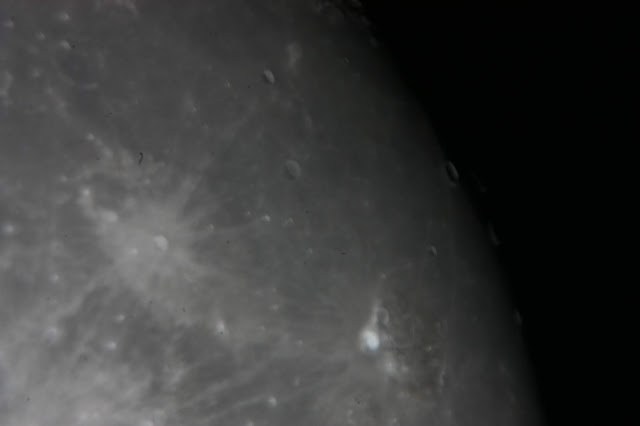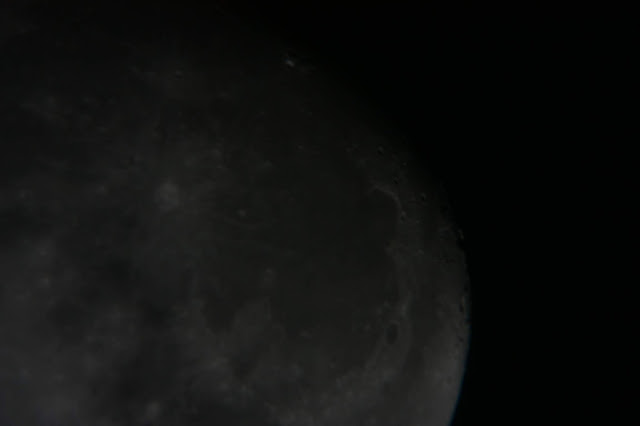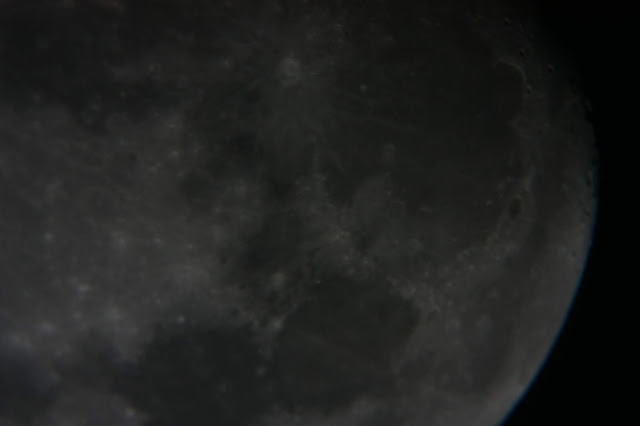domingo, março 22
sexta-feira, março 20
quinta-feira, março 19
quinta-feira, março 12
sábado, março 7
segunda-feira, março 2
quarta-feira, junho 19
sábado, janeiro 5
terça-feira, janeiro 1
domingo, dezembro 30
quinta-feira, novembro 22
quarta-feira, novembro 21
quarta-feira, novembro 7
domingo, novembro 4
sexta-feira, outubro 12
terça-feira, outubro 9
quinta-feira, setembro 27
DETECTORES DE METAIS PODEM SER UM HOBBY INTERESSANTE???
E a Resposta é não. Purinha e dura.
Lei n.º 121/99
de 20 de Agosto:
Artigo 1.º
Utilização de detectores de
metais
1 - É proibida a utilização de
detectores de metais na pesquisa de objectos e artefactos relevantes para a
história, para a arte, para a numismática ou para a arqueologia.
2 - É igualmente proibida a
utilização e o transporte de detectores de metais não licenciados para efeito
de pesquisa em monumentos e sítios arqueológicos classificados ou em vias de
classificação, nos termos da Lei n.º 13/85, de 6 de Julho.
O resto é a treta do costume.
Panorama da utilização no mundo que conhecemos está abaixo. Note-se que os países de genese repressiva, como china, e ex: URSS, fazem como nós. Ou nós fazemos como eles..... Ainda ha complexos
Australia. Any metal detecting is allowed. Prospecting for gold
nuggets, as well as beach search, are favourites among locals. There are not so
many archaeological finds in Australia – much less that in Europe and the U.S.
Austria. The use of metal detectors in archaeological contexts
requires a permission issued by the Austrian Federal Monument Authority.
Belgium. Private individuals aren’t allowed to look for
archaeological artifacts. Beach
search is permitted.
Canary
islands (Tenerife).
Metal detecting is allowed without any restrictions
Cuba. Any metal
detecting is forbidden. The very possession of metal detectors is equated with
the possession of weapons. ( a nossa herança????)
Denmark. Metal detecting is allowed. Very large and valuable items
found must be given to the state.
France. Searching for archaeological finds requires
permission. Beach metal detecting is allowed.
Germany. Metal detecting is allowed but requires a license.
Ireland. Historic artifacts can be looked for only after getting permission
and approval from landowners. Beach metal detecting is allowed (so what are the
beaches in Ireland?).
taly. All things of archeological interest, in and out of the
ground, are the property of the state. Metal detecting by private individuals
is allowed in some regions. A finder of valuable objects receives a reward.
There are regions where the use of metal detectors is prohibited – e.g., Valle
d’Aosta, Calabria, Lazio, Tuscany, Sicily.
Portugal. Metal detecting is officially prohibited. But there are
treasure hunting clubs in Lagoa and Portimao districts that obtain permission
to use metal detectors. Plus, it’s very rare that beach search is allowed by
special permission from authorities (for locals only).
Spain. The use of detection devices for the purpose of searching
for archeological finds is not allowed unless you get permission. However,
there is a fair amount of illegal treasure hunters in Spain. Several years ago
there used to be even private treasure hunts for foreign tourists.
Sweden. Metal detecting on privately owned land is allowed. Beach
search is permitted, too.
Switzerland. Metal detecting is officially not forbidden. But each
canton, or even a district, has its own rules. Thus, it may be forbidden to
metal detect only on archeological sites. However, there are examples when it’s
allowed to search even there. On the other hand, in some areas, collecting
scrap metal does require permission from the district authorities. Moreover,
you will need double permission at that: a metal detecting license plus the
landowner’s permit.
UK (England). Archaeological finds can be looked for only
after getting permission (it’s not a problem to receive it). Considering that
most land is privately owned, you will require additional permission from the
owner. Any valuable object found shall also be shared with the landowner. The
museums have a priority right to acquire finds. Concealment of a discovery is
fraught with punishment. In England the value of the find is determined in a
rather interesting way. For example, a Roman lead plate isn’t viewed as a
valuable find, although it costs $363,625
USA. Metal detecting is allowed without any restrictions. To
search on privately owned land you will need to obtain permission from the
owner.
segunda-feira, setembro 24
NÃO SEI SE É SAUDADE 2013 SETEMBRO
A cerca de 65 70 milhas, chegou este menino para nos proteger.... Nunca de noite, que é má conselheira. Seguiu-nos até ao cais.

O "serviço" era o que era. Não evitaram alguns meses depois o assalto.
A visão recorrente no rio BONNY, ora amarrados às boias de demarcação, ora a pairar entre elas. Sempre a distancia de tiro. Percebi que de pouco servem.....

Já com os dois " security officers" , que nunca nos deixaram,. Rapidamente ficaram 3.
Subscrever:
Comentários (Atom)













































